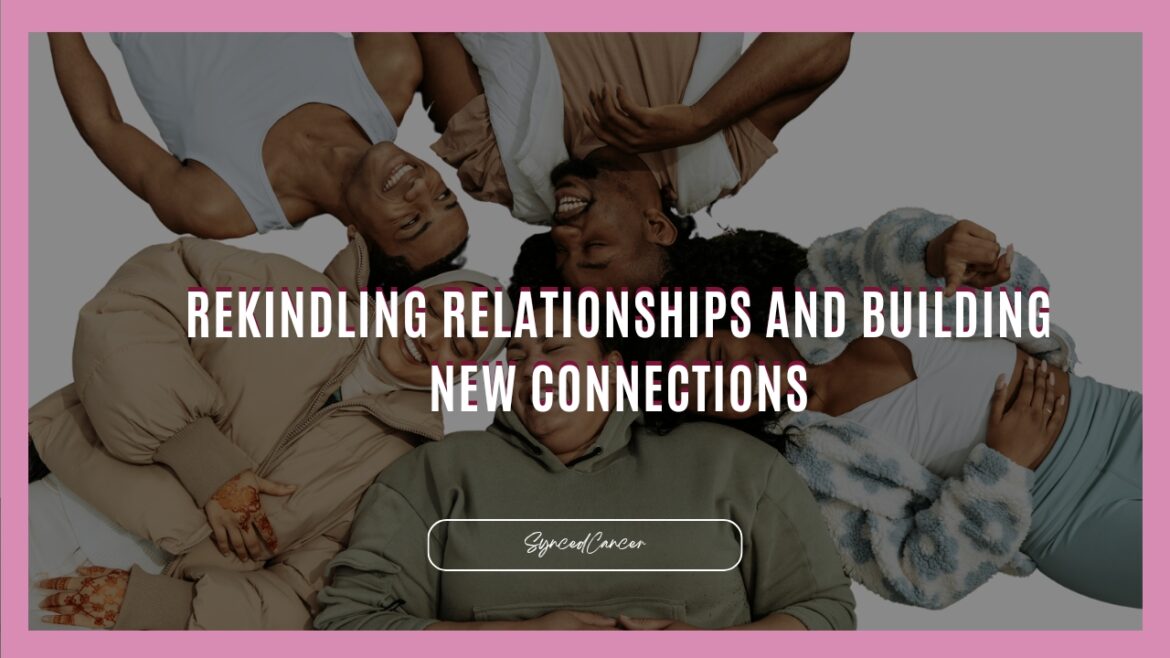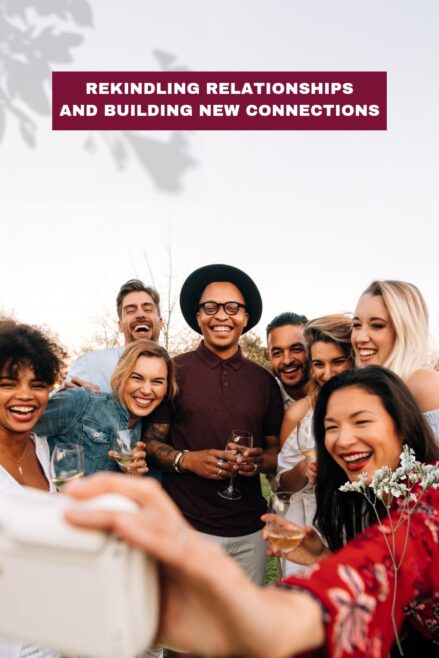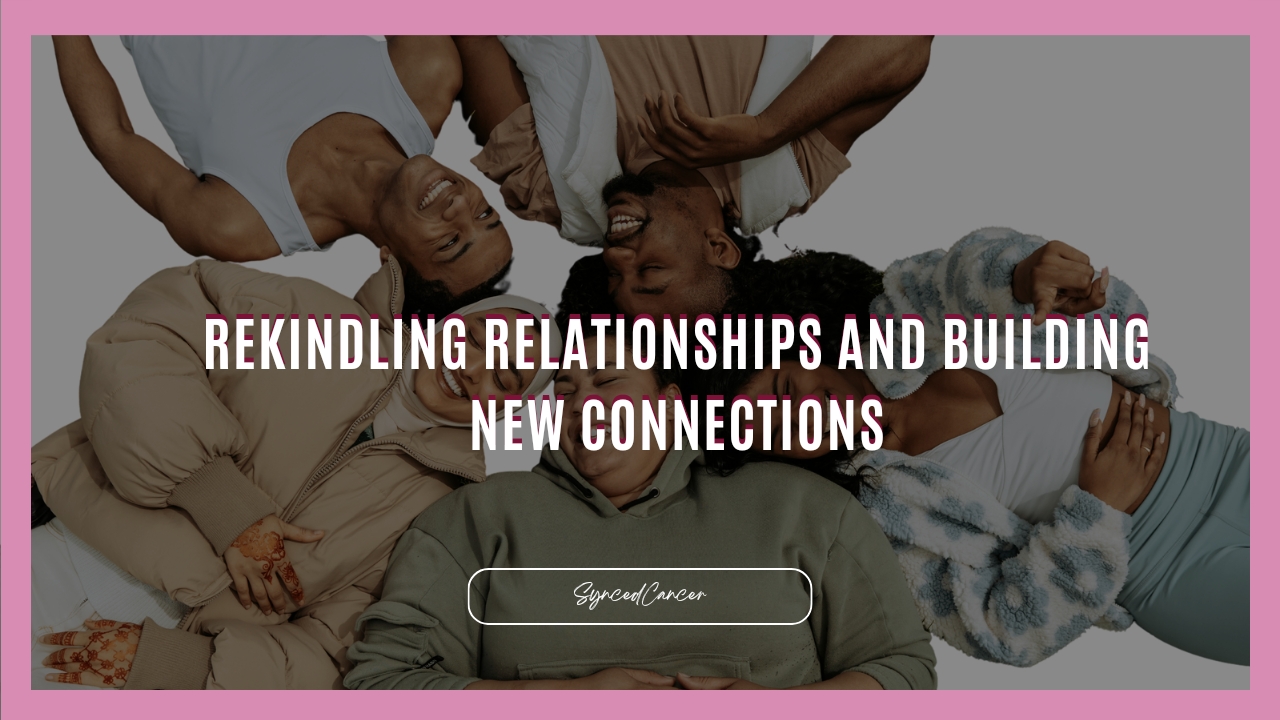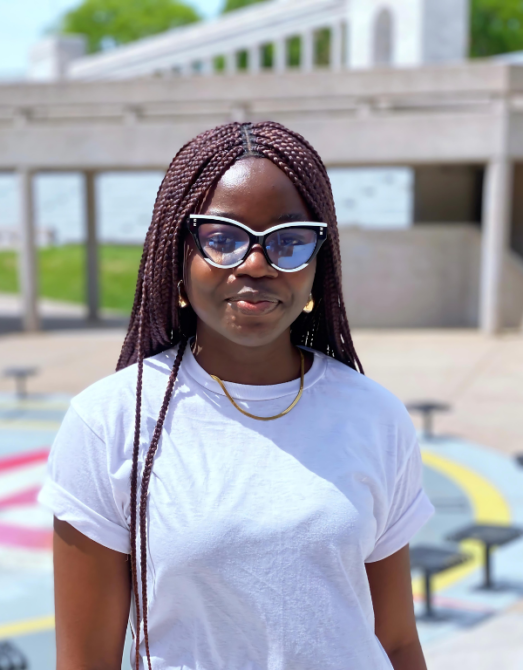Life after overcoming cancer is a transformative journey marked by resilience, introspection, and a renewed appreciation for the preciousness of each moment. For many survivors, navigating the landscape of relationships takes on new significance as they seek to rekindle connections that may have been strained by the challenges of illness and treatment, while also embracing opportunities to cultivate fresh bonds with individuals who offer understanding, support, and companionship. In this essay, we will explore the multifaceted aspects of life after cancer, focusing on the themes of rekindling relationships after cancer treatment and building new connections.

Rekindling Relationships with loved ones
The experience of battling cancer often brings into sharp focus the importance of relationships after cancer treatment with loved ones. Family members, friends, and even acquaintances may play crucial roles in providing emotional support, practical assistance, and companionship during the arduous journey of diagnosis, treatment, and recovery. However, the intensity of the cancer experience can also strain relationships, leading to misunderstandings, feelings of guilt, and emotional distance.
Rekindling relationships after cancer involves a process of healing and reconciliation, as survivors and their loved ones seek to navigate the emotional aftermath of the illness. For some, this may involve open communication about the challenges faced and the impact on their relationships. Honest conversations can help to address lingering resentments, fears, and unmet needs, paving the way for deeper understanding and forgiveness.
Additionally, survivors may find solace in reconnecting with friends and family members who offered unwavering support during their cancer journey. Expressing gratitude and acknowledging the significance of these relationships can strengthen bonds and foster a sense of mutual appreciation and commitment.

Building New Connections and hobbies
While rekindling existing relationships after cancer treatment is an important aspect, survivors also have the opportunity to forge new connections with individuals who understand their unique experiences and share their values and interests. New social connections offer a fresh perspective and a source of inspiration, as survivors engage with people who may have different backgrounds, perspectives, and life experiences. By expanding their social networks, survivors can access a wider range of support systems, resources, and opportunities for growth and personal development. Cancer support groups, survivorship programs, and online communities provide valuable avenues for meeting others who have walked a similar path and can offer empathy, encouragement, and practical advice.
Building new connections after cancer involves stepping outside one’s comfort zone and embracing opportunities for social engagement and personal growth. Whether through participating in group activities, volunteering, or pursuing shared hobbies, survivors can expand their social networks and cultivate meaningful relationships with like-minded individuals.
In addition to fostering new social connections, pursuing hobbies and interests plays a vital role in the process of rebuilding a fulfilling and meaningful life after cancer. Engaging in activities that bring joy, fulfillment, and a sense of accomplishment can serve as a source of healing, empowerment, and self-discovery for survivors.
Hobbies provide a much-needed outlet for creativity, self-expression, and stress relief, allowing survivors to channel their energy and emotions into productive and rewarding pursuits. Whether it’s painting, gardening, writing, or playing music, hobbies offer a sanctuary where survivors can find solace, distraction, and a renewed sense of purpose.
Moreover, the experience of overcoming cancer can serve as a catalyst for reassessing priorities and embracing a more authentic and fulfilling life. As survivors embrace their second chance at life, they may be drawn to relationships and connections that align with their newfound sense of purpose, resilience, and gratitude.
Finding support groups or connecting with other survivors.
One invaluable resource for navigating this journey is the support and camaraderie offered by cancer support groups and connections with other survivors. Here are various options for finding support groups and connecting with fellow survivors, and the benefits of these interactions in fostering healing, empowerment, and a sense of community.
- Local Support Groups
One of the most accessible options for finding support after cancer is to seek out local support groups in your community. These groups may be organized by hospitals, cancer centers, religious institutions, or community organizations, and they typically bring together survivors, caregivers, and healthcare professionals in a safe and supportive environment. Local support groups offer opportunities for sharing experiences, exchanging practical advice, and receiving emotional support from individuals who understand the unique challenges of life after cancer.
Many local support groups focus on specific types of cancer, treatment modalities, or stages of survivorship, allowing participants to connect with others who have faced similar circumstances. Whether meeting in person or virtually, these groups provide a sense of solidarity and belonging, fostering friendships and mutual encouragement among members.
- Online Communities
In addition to local support groups, the internet provides a wealth of resources for connecting with other cancer survivors through online communities, forums, and social media platforms. Websites such as Cancer Survivors Network, Inspire, and Reddit’s r/cancer community offer virtual spaces where individuals can share their stories, ask questions, and offer support to one another.
Online communities provide a sense of anonymity and accessibility, making them especially appealing to individuals who may be unable to attend in-person support groups due to geographic location, physical limitations, or scheduling conflicts. Through these platforms, survivors can find solidarity, validation, and valuable insights into coping strategies, treatment options, and survivorship issues.
- Specialized Programs and Retreats
In addition to traditional support groups and online communities, many organizations offer specialized programs and retreats designed specifically for cancer survivors. These programs may focus on holistic healing modalities, such as yoga, meditation, art therapy, or nutrition, while also providing opportunities for social connection and peer support.
Cancer retreats and wellness programs offer survivors a chance to step away from the stresses of daily life, reconnect with their bodies and spirits, and forge meaningful connections with others who share their journey. Whether attending a weekend retreat or participating in a long-term wellness program, survivors can benefit from the sense of community, empowerment, and renewal that these experiences provide.
Conclusion
Life after cancer is a journey of resilience, renewal, and rediscovery, marked by the rekindling of relationships and the building of new connections. As survivors navigate the emotional terrain of recovery, they have the opportunity to strengthen bonds with loved ones, mend fractured relationships, and cultivate fresh connections with individuals who offer understanding, support, and companionship. By embracing these opportunities for connection and growth, survivors can embark on a path of healing, fulfilment, and continued resilience in the face of adversity.



What do you think?
It is nice to know your opinion. Leave a comment.